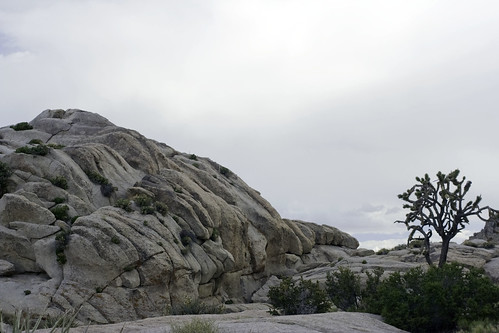Bloody butchers and pious toads who mask their medieval ignorance with a pretense of charity and care; it’s long past time to end the illusion and recognize the barbarism of the church. Shut ’em down.
The latest victim in over a millennium of Catholic abuse is Savita Halappanavar, a young woman who was 17 weeks pregnant when her condition began to deteriorate. She went to a Catholic hospital, a fatal mistake.
…she was miscarrying, and after one day in severe pain, Ms Halappanavar asked for a medical termination.
This was refused, he says, because the foetal heartbeat was still present and they were told, “this is a Catholic country”.
She spent a further 2½ days “in agony” until the foetal heartbeat stopped.
She was clearly miscarrying, she was fully dilated and leaking amniotic fluid, and it was obvious to all, including the doctors at the hospital, that this pregnancy was doomed — there was no hope for the fetus at all. Yet they refused to do the one simple, ethical procedure that would have saved Halappanavar’s life.
Because of a simple-minded, naive, stupid attachment to the magical power of twitching cardiac muscle fibers. Because dogma and superstition stayed their hands.
Because it was a fucking Catholic hospital in a Catholic country.
Because doctors had been indoctrinated since childhood in lies that were shown to be false during their medical training, but which they could not overcome; because hospital administrators put their faith above their obligation to serve patients; because lawmakers in that country shied away from learning how their policies killed women; because a mob of celibate old puppetmasters don’t give a damn about anything other than their theology and will happily sacrifice human beings on the altar of their vile and backward religion.
The end result: a septicemic infection swept through the gaping wound of Halappanavar’s cervix, killing her, after days of agony. The pope and his bishops, and the faithful Catholics in that hospital, killed her as surely as if they’d taken a scalpel to her throat — which would have been a more merciful death than the misery they put her through.
Monsters, every one of them.
Seriously, shut them down. There is no acceptable reason that any hospital in any country should be shackled by the antiquated beliefs of Catholicism. Catholics should no more be permitted to manage hospitals than Jehovah’s Witnesses are permitted to regulate blood transfusions. We are talking about simple, routine procedures that could save lives that are disallowed by a church. What are they doing in the surgery in the first place?
The Catholic bishops have a rationalization.
For those who view life through the lens of their Christian faith, our bodies are sacred; temples of the Holy Spirit, created in the image of God and redeemed through the death and resurrection of Jesus Christ. For Christians, our bodies are not our own to do with them what we will. Our bodies come from God, are created in God’s image and destined for eternal life with him in heaven. This is our faith and this is what distinguishes us from those who do not share our faith.
Jebus, what blithering tripe, what pious inanities. This is only the latest atrocity. Fuck the Catholic church. Empty every pew, loot every coffer, disband every level of the hierarchy, take all their property and turn it over to secular authorities to be managed ethically and rationally.
And if you’re still attending church…what the hell is wrong with you?



